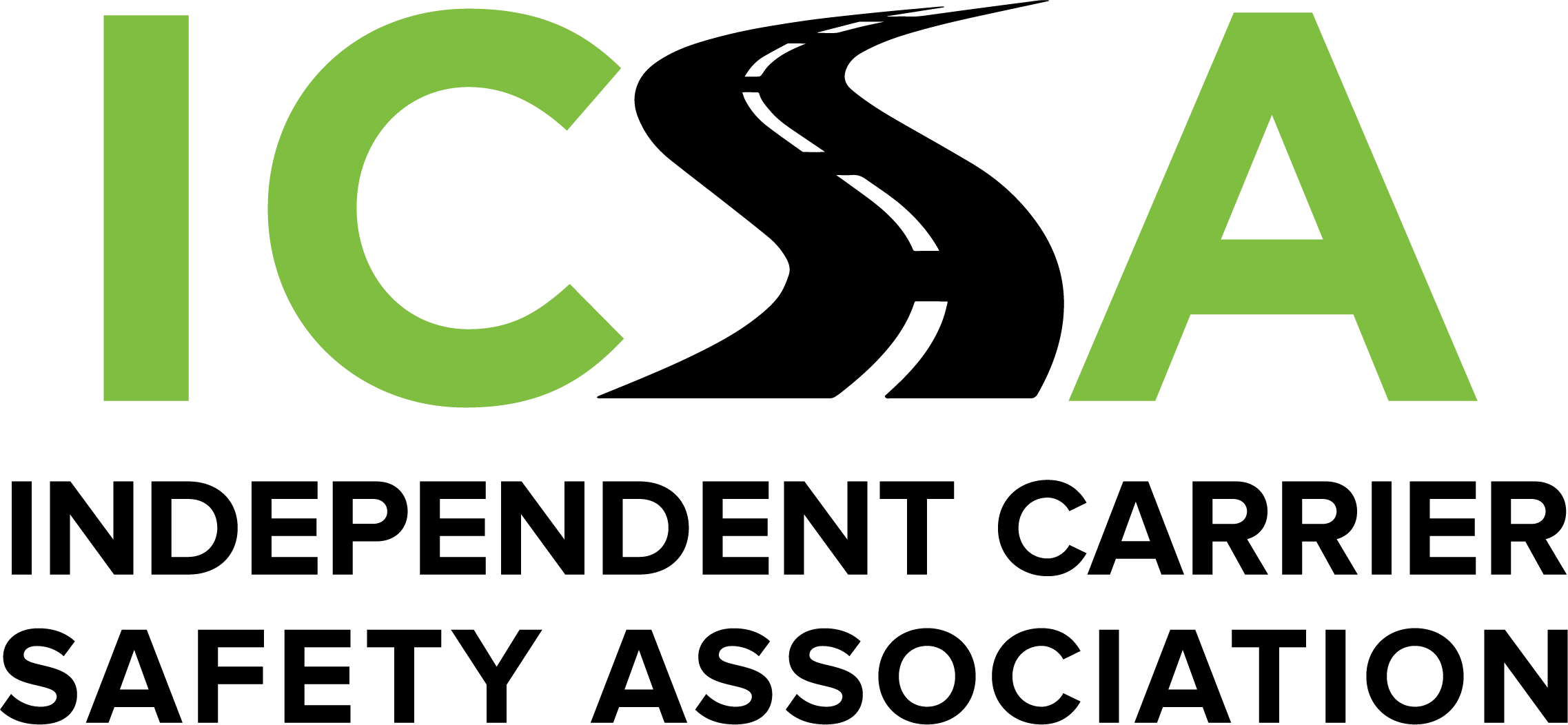The Town of Vail has passed an ordinance aimed at ridding its Vail Village and Lionshead neighborhoods of all delivery trucks. Vail officials say trucks create environmental and safety concerns. To replace trucks, Vail hired a local business to do deliveries using electric carts instead.
We are not making this up! Truckers were given two choices -- park outside the village limits and carry in their merchandise (maybe in a wheel barrow???) or pay thousands of dollars to have an electric cart deliver the goods for them.
While the town cited safety as the main reason for the truck ban, the Colorado Motor Carriers Association (CMCA) says the town never conducted a safety study and couldn't point to a single trucking accident in the area for years. If safety were the issue, said CMCA’s president Greg Fulton, Vail could have limited the size or weight of vehicles. Instead, it only limited who can operate delivery vehicles and gave a no-bid contract for the e-delivery program to a local company - called 106 West - that had just opened, didn't have adequate insurance and only recently underwent a safety audit. In effect, Vail created a monopoly while shutting out proven motor carriers.
Fulton, whose association is suing Vail, says trucking companies wanting to use 106 West's electric carts must pay up to $30,000 a year - costs that will get passed onto consumers. CMCA’s lawsuit charges that the ordinance violates both state and federal law. In its response to the suit, Vail says interstate commerce laws allow local jurisdictions to restrict travel based on safety concerns. The judge has not made a final ruling, but last month she issued a preliminary injunction exempting high volume delivery services like UPS, FedEx, and the U.S. Postal Service from the ordinance for now. ICSA will keep you posted on developments in the Vail truck ban as well as other localities’ attempts to ban trucks.

